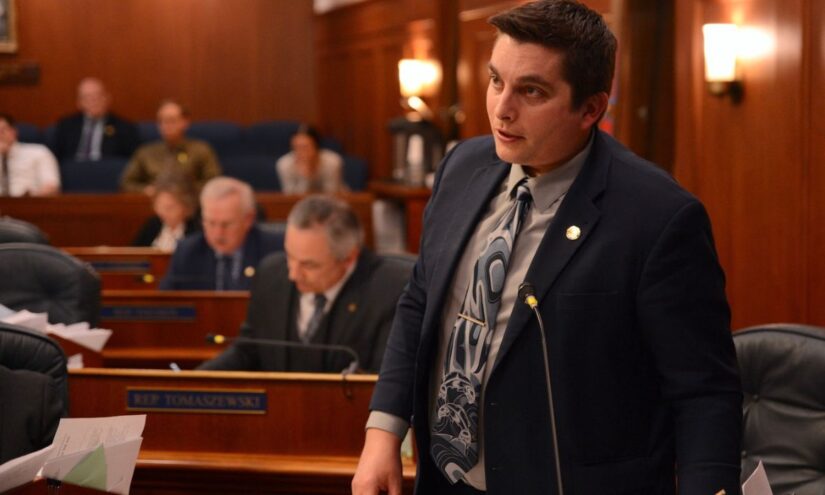During this summer, a team of students from MIT embarked on a journey to the sou …
Alaska Lawmakers Come Together to Support Homeschool Program After Court Decision
Jennifer Livingstone

Families enrolled in Alaska’s homeschool program are set to receive a clear outline regarding the utilization of state education funding.
On Wednesday, lawmakers mandated Alaska’s Board of Education and Early Development to draft temporary regulations for the state’s correspondence school program in alignment with the state constitution. Additionally, the law now mandates the education department to oversee allotment spending for the first time in ten years. It garnered unanimous approval from both the House and Senate.
This legislative action follows a Superior Court ruling in April that deemed certain aspects of the laws governing the state’s correspondence program unconstitutional. The ruling left more than 22,000 student families uncertain about financing curriculum, tutoring, and physical education. The state has appealed the decision, with the Supreme Court slated to hear the case on June 25.
Alaska Association of School Boards Director Lon Garrison expressed support for the new law, highlighting its similarity to the pre-2014 regulations. The law reverses changes made by former Sen. Mike Dunleavy in 2014 that allowed families to use homeschool allotments for resources from private or religious entities, which a judge later found to contravene constitutional restrictions on state funds for private education.
Rep. Justin Ruffridge, co-chair of the House Education Committee from Soldotna, introduced the language in House Bill 400. Following late-night negotiations, he heralded its approval by the Senate without hitches. Ruffridge emphasized the importance of revisiting the issue in future sessions.
Governor Mike Dunleavy and the education department voiced their support for the bill, which was integrated into a broader initiative concerning the inclusion of opioid-overdose-reversal drugs in schools.
Senate Education Committee Chair Sen. Löki Tobin cautiously endorsed the change, acknowledging that further legislative efforts are necessary to ensure the program’s sustainability post-Supreme Court ruling.
Not all provisions from the Senate’s proposal made it into the final law, as highlighted by Sen. Jesse Bjorkman’s explanation that unspent homeschool allotments will carry over to the following year, and standardized testing will not be mandatory. These clauses faced opposition from families utilizing the program.
Sen. Shelley Hughes emphasized the positive impact of the compromise, noting the stability it brings and the avoidance of potential disruptions and uncertainties for families.
Alaska Beacon reporter James Brooks contributed to this report.

